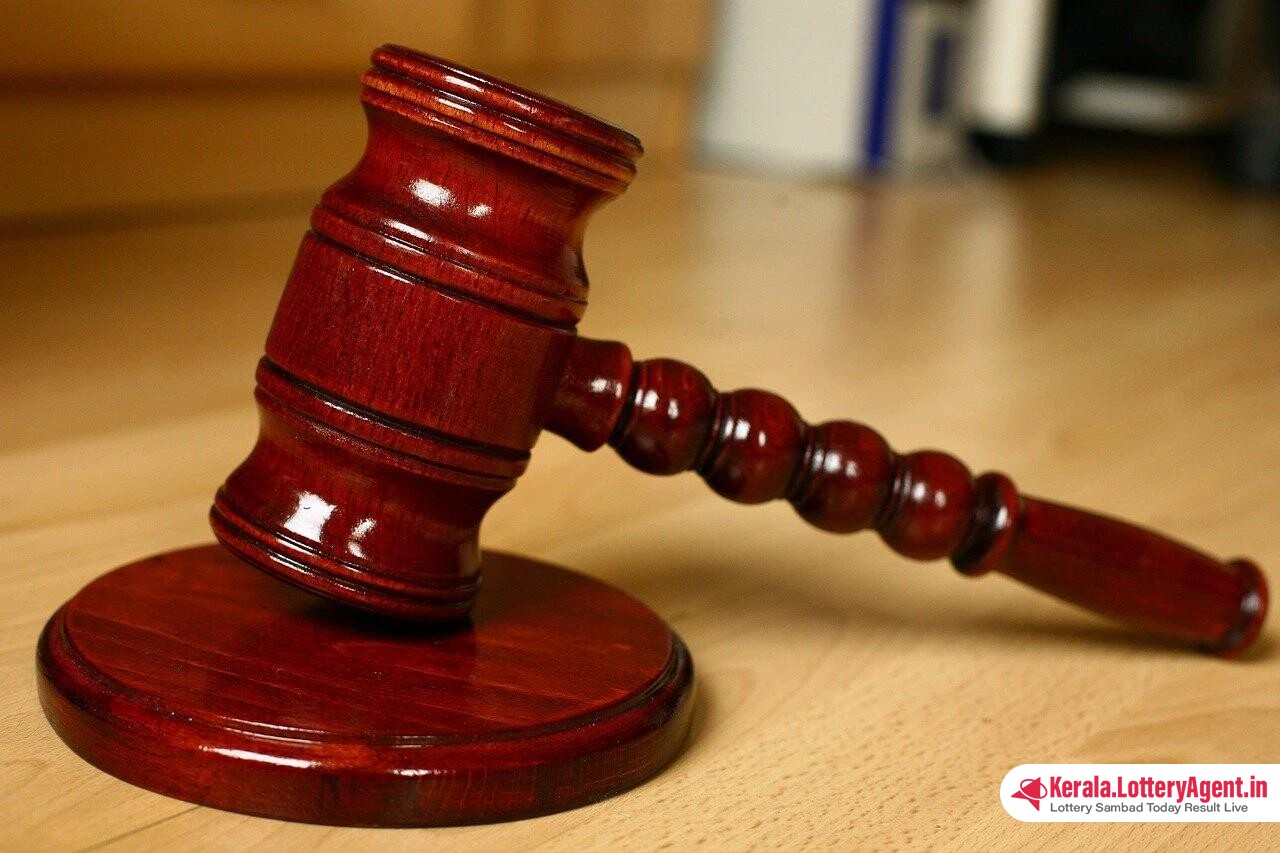
The long-awaited regulation of the sports betting market in Brazil is anticipated to reach fruition in the year 2024, marking a significant milestone following December’s approval of Bill 3,626/2023 by Brazil’s chamber of deputies. This approval, emblematic of the nation’s evolving stance on gambling, heralds the commencement of a regulated betting landscape, notwithstanding the journey’s complexity and the heated debate surrounding certain aspects, most notably the sphere of advertising.
Central to this debate is Bill 3,405/2023, which targets the prolific use of high-profile figures in the promotion of sports betting. Senator Eduardo Girao, an unequivocal opponent of gambling, has championed amendments aimed at swallowing any potential for involvement by individuals of influence, including celebrities, in gambling marketing efforts. Such restrictions, Girao believes, are critical to shielding the populace from the gambling-induced peril—a specter encompassing both financial jeopardy and emotional turmoil.
A glance at the global horizon reveals a patchwork of regulatory precedents. The Alcohol and Gaming Commission of Ontario unveiled, in August of the preceding year, an analogous prohibition on leveraging athletes and celebrities for marketing campaigns in the gambling sector, with the enactment slated for the imminent future.
Overseas, France’s Autorité Nationale des Jeux (ANJ) has also instituted a ban on employing athletes within gambling communications. This trend of increasingly stringent regulations is mirrored by Belgium, where a comprehensive ban on gambling advertising has been installed, and the Netherlands, where non-targeted advertising was eschewed in preference for highly contextualized, targeted marketing.
The stringency extends to other European bastions, with Germany and Italy fortifying their legal frameworks against sports betting advertising, albeit industry advocates in these nations plea for a softening of such rigorous controls.
Throughout these international developments, the path Brazil has trodden towards a regulated betting environment is anything but linear—marked by twists, turns, and undulations. However, the light at the end of the tunnel appears near, with market introduction slated for the latter half of 2024.
Steps leading towards this new era include the issuance of regulatory guidelines by Brazil’s Ministry of Finance, which will effectively lay the groundwork for business operations within the sector. An estimated cohort of over 130 companies has reportedly expressed their eagerness to throw their hats into the licensing ring.
Neil Montgomery, the founding figurehead and managing partner of the Brazilian legal firm Montgomery & Associados, offers insights into the impending scenario. According to Montgomery, the Ministry of Finance must enact a series of administrative norms—referred to as “Portarias” in Portuguese—detailing the expanse of legislative matters, which will also undergo public consultation prior to adoption. This process points to a realistic operational debut of a regulated market in the second semester of 2024, thus granting potential new entrants sufficient leeway to establish and incorporate structures requisite for Brazilian partnership if mandated by law.
Candidates for federal licenses must navigate an array of legal and regulatory requirements. These include the exorbitant BRL 30 million license fee, application submissions pursuant to expressions of interest under Portaria No. 1,330/23—which are believed to expedite the review process—and the recruitment of key personnel tutored in the lexicon of the new legislation.
As Brazil strides towards this horizon of legalized sports betting, it stands at the precipice of a new epoch, one imbued with regulation, and it remains beset by critical discussions centering on advertising ethics and the integral role of public figures in shaping the market’s future trajectory.












